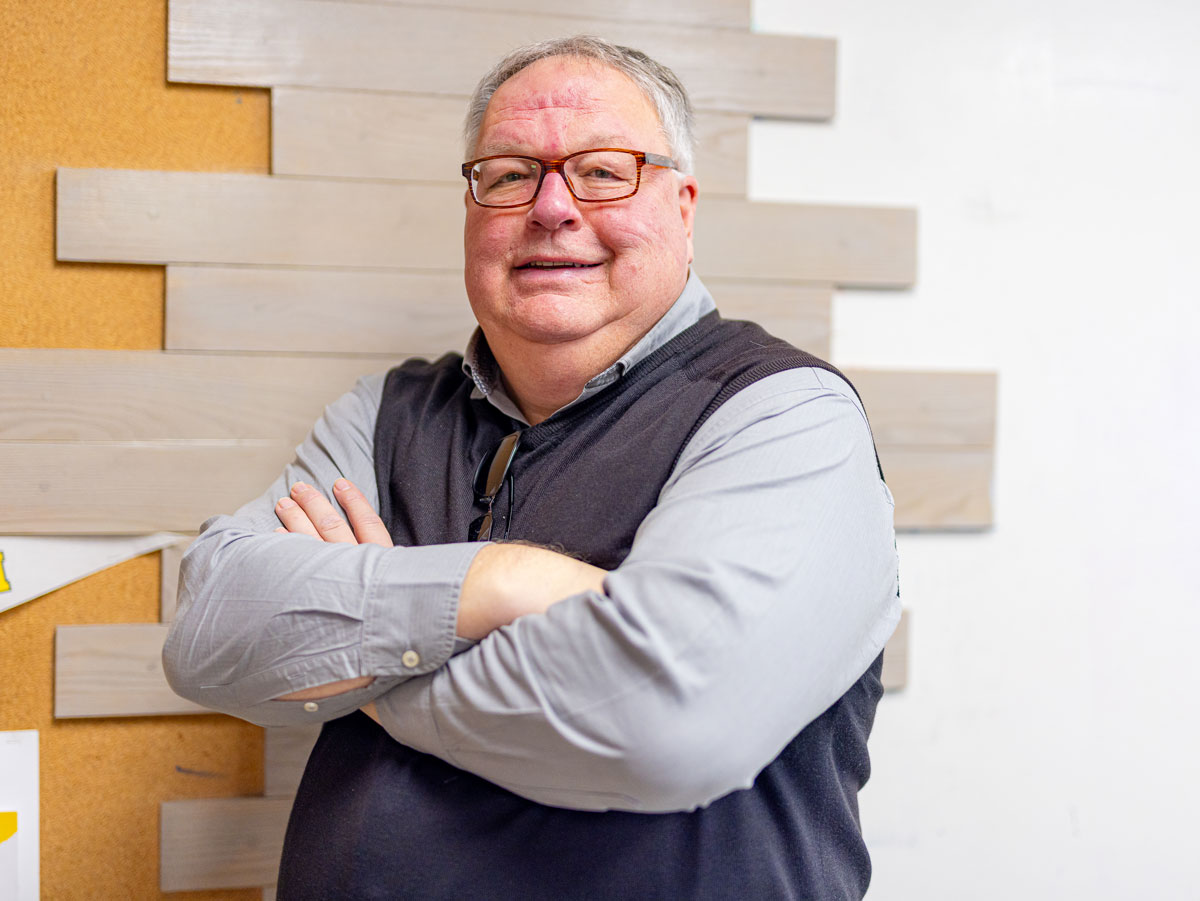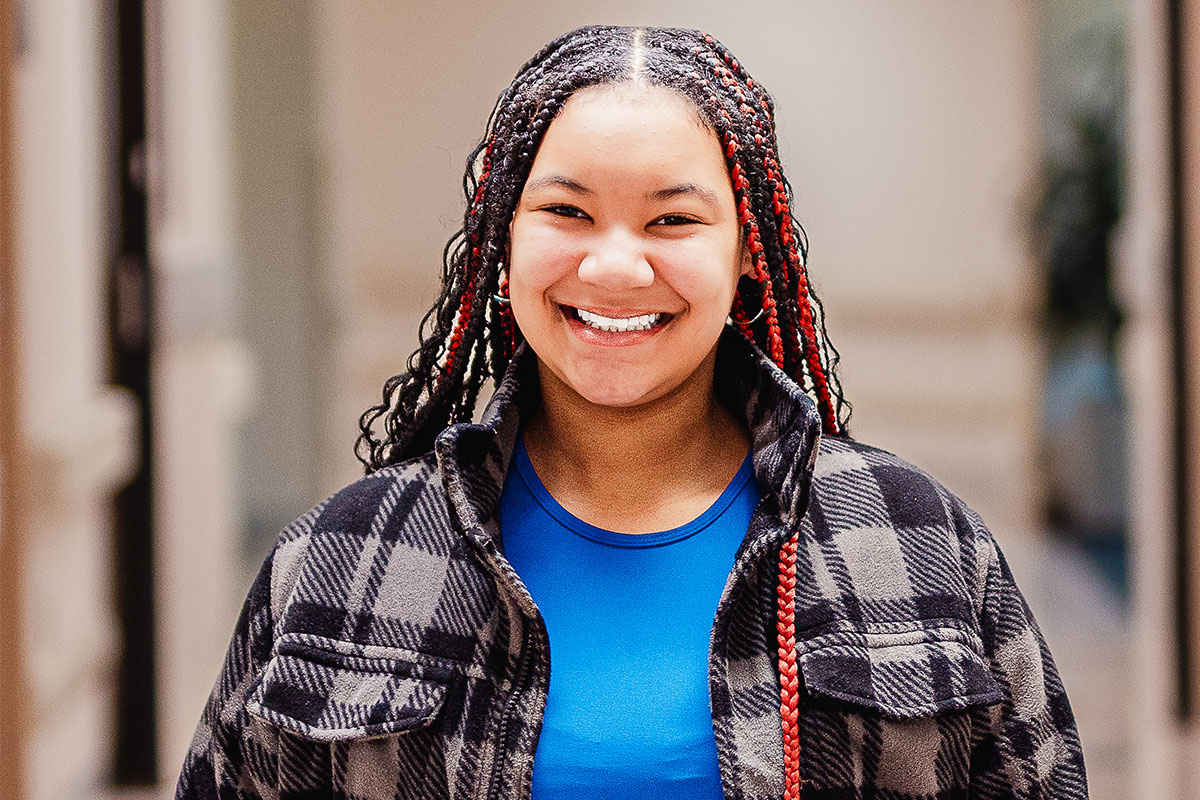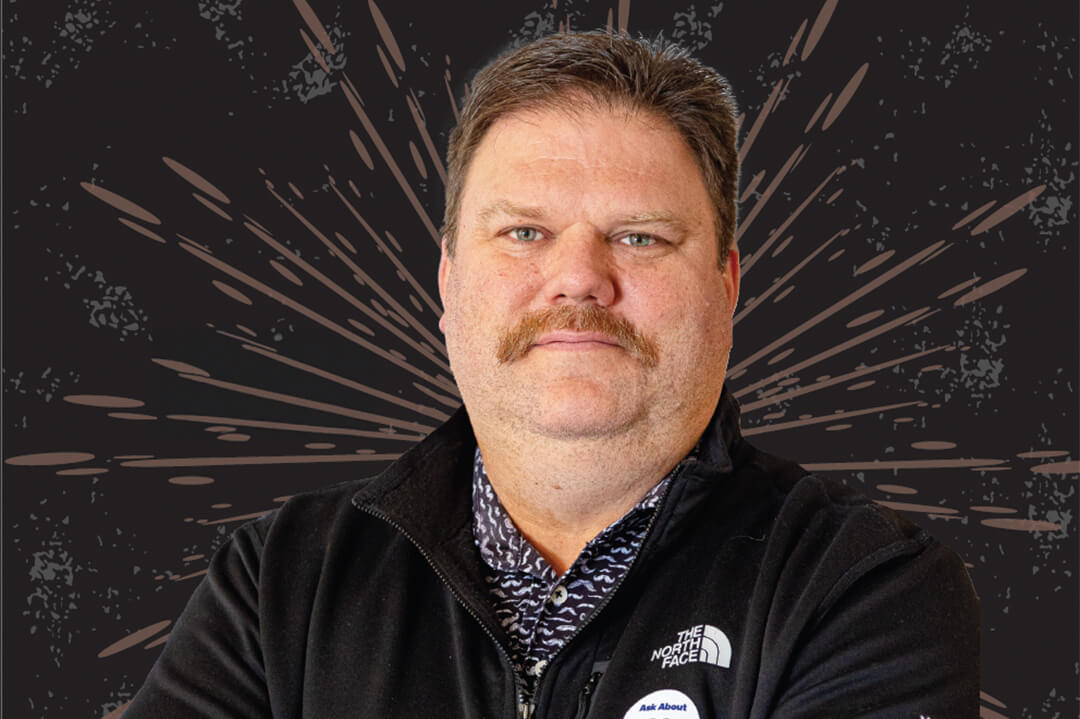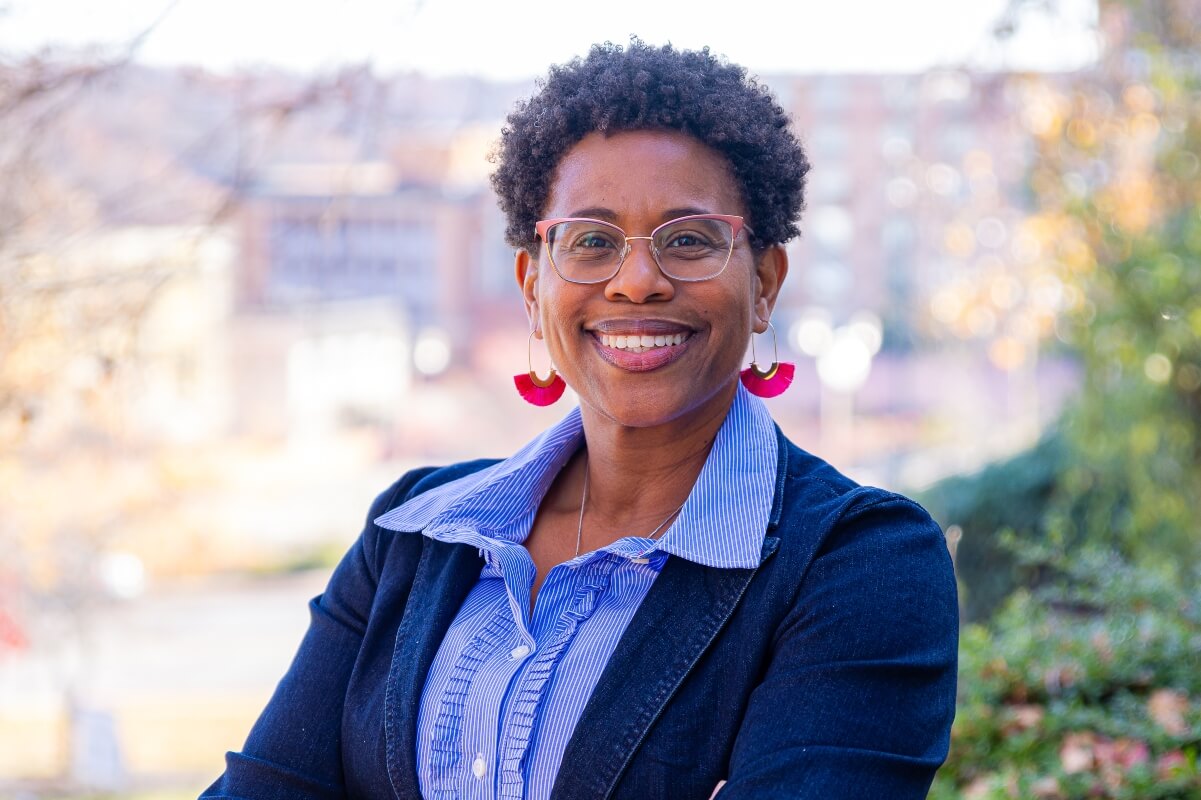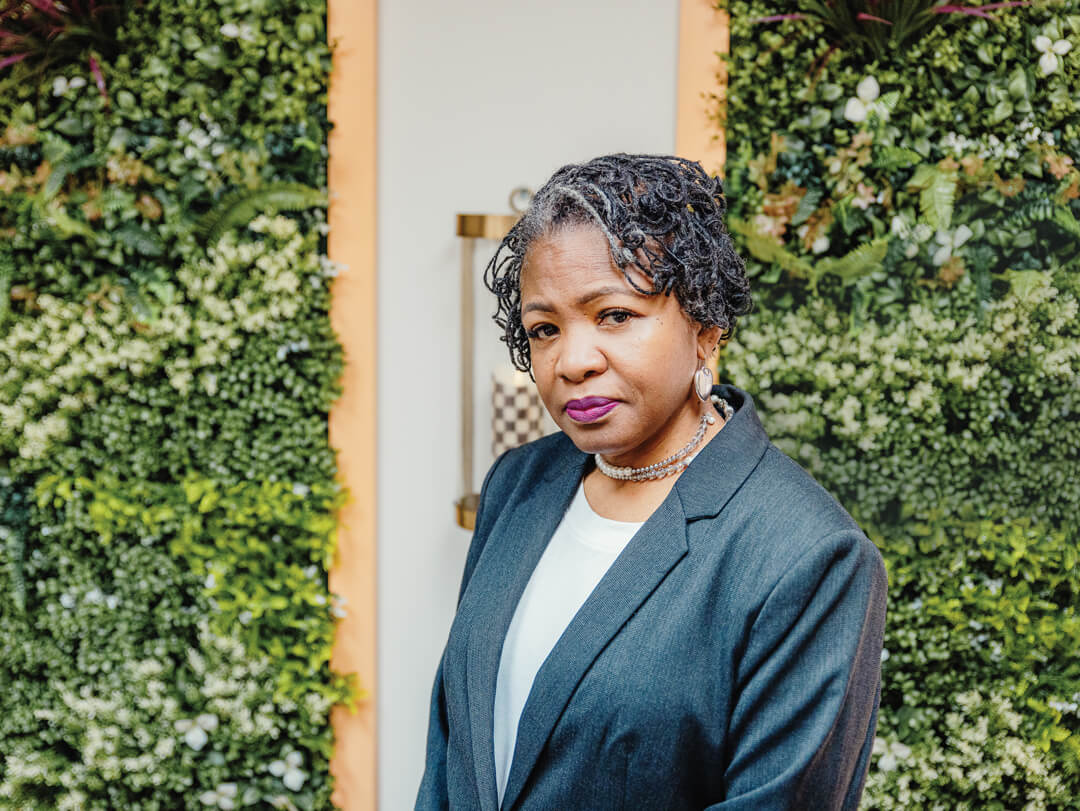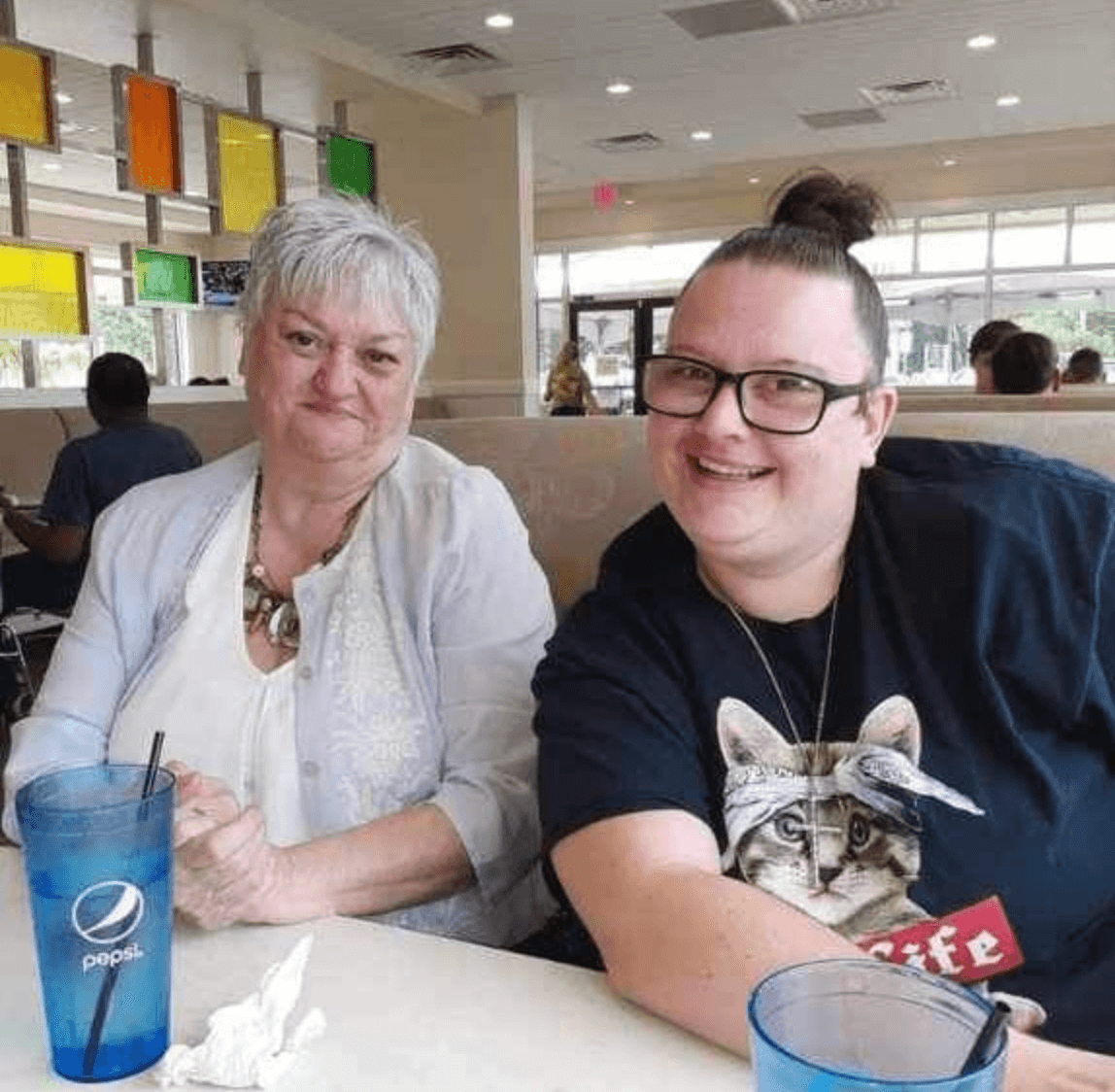BEST FRIENDS Patrick Gray and Justin Skeesuck from Eagle, Idaho, were searching for adventure. Skeesuck, a wheelchair user, asked Gray one day if he would hike 500 miles of northern Spain with him.
Gray simply answered, “Yeah, I’ll push you.
Their first hike started in Saint-Jean-Pied-de-Port, France, crossed the Pyrenees mountains, and crossed the northern part of Spain, ending in Santiago de Compostela. Now, several years later, the two friends are facilitating trips for other physically disabled people that cover roughly the last 100 kilometers of the Camino de Santiago (the Way of St. James).
The trips that Gray and Skeesuck lead feature several “captains” — those who are either wheelchair users or are physically disabled — and their teams who push, pull, and sometimes carry them over the roads, rocks, and streams along the Camino. “Camino,” in Spanish, means “a trek, road, or path.” The goal of each trip is to provide captains and team members alike with the breathtaking challenge of hard work, camaraderie, and personal achievement. With the trek now available to people who are physically disabled, the trips were named “Accessible Camino” group trips.
In 2020, the two friends’ story caught the ear of Jennifer Irwin, a Rustburg Middle School and Rustburg High School Spanish teacher. She listened to the pair’s book, “I’ll Push You,” on her drive to and from work.

Irwin thought, “I am healthy enough — I can do this.”
Irwin signed up for the trip online and was approved to go toward the end of 2023. This past June, she boarded a plane for Spain to join Gray and Skeesuck — along with a team of 42 people, six captains, and their support teams — to tackle the journey. That particular trip started in Vigo, Spain, north of the Portuguese border. They were joined by five guides and two others who photographed and filmed the trip. Everyone took turns helping each captain and pitched in where they were needed. Five of the captains also had family and friends join them.
During the trip, Irwin’s group occasionally encountered an Italian man named Vincenzo, who was navigating the Camino on his own. Each day, the teams aimed to reach the next stop on the Camino. Irwin quickly discovered that the journey was far more than good exercise or helping someone out.
“It’s a pilgrimage,” Irwin pointed out. “It became more than just a task [we] wanted to complete.”
For each day on the trip, each participant had to get two stamps in their “Pilgrim’s Passport,” a document similar to a government-issued passport. Local merchants, tourist sites, and other places gladly stamped the passports, so the two-stamp goal was easy, Irwin said. When the passport was turned in, participants received a “Compostela,” a piece of paper written in Latin certifying that someone had completed the Camino pilgrimage.

Irwin’s husband is also a teacher. Since they are both off in the summer, she said they typically travel around the country with their daughter. Irwin said she believes travel is a great way to learn more about our nation and ourselves. Her family has a goal of seeing all 50 states before her daughter graduates high school in two years. Irwin said only two states remain: Alaska and Hawaii. In light of that family tradition, Irwin had an additional interesting perspective about her reasons for signing up for Accessible Camino group trips.
“It was a selfish move, honestly,” she admitted.
She saw her decision to participate in the Accessible Camino group trips was taking a lot away from that regular family bonding time.
As the trip neared its end, however, she thought, “I can come home and be more present with them.”

She said that she knows Alaska and Hawaii will be there for another year and that she does not regret making the Camino journey at all.
On day six of Irwin’s adventure, the six teams walked and wheeled into the courtyard of the Catedral de Santiago de Compostela, believed to be the final resting place of St. James the Greater, one of the Twelve Apostles. They were welcomed with cheers and applause.
“It was great to see the look on everyone’s face — that we did it together.” Irwin concluded, “It was a ‘time capsule’ experience, one I will never forget.”
Just two weeks after her Spain trip, Irwin took 15 people, including some of her students, on a trip through Switzerland, Italy, France, and Spain. Maybe some of those kids will take on an Accessible Camino group trip in the future. GN






